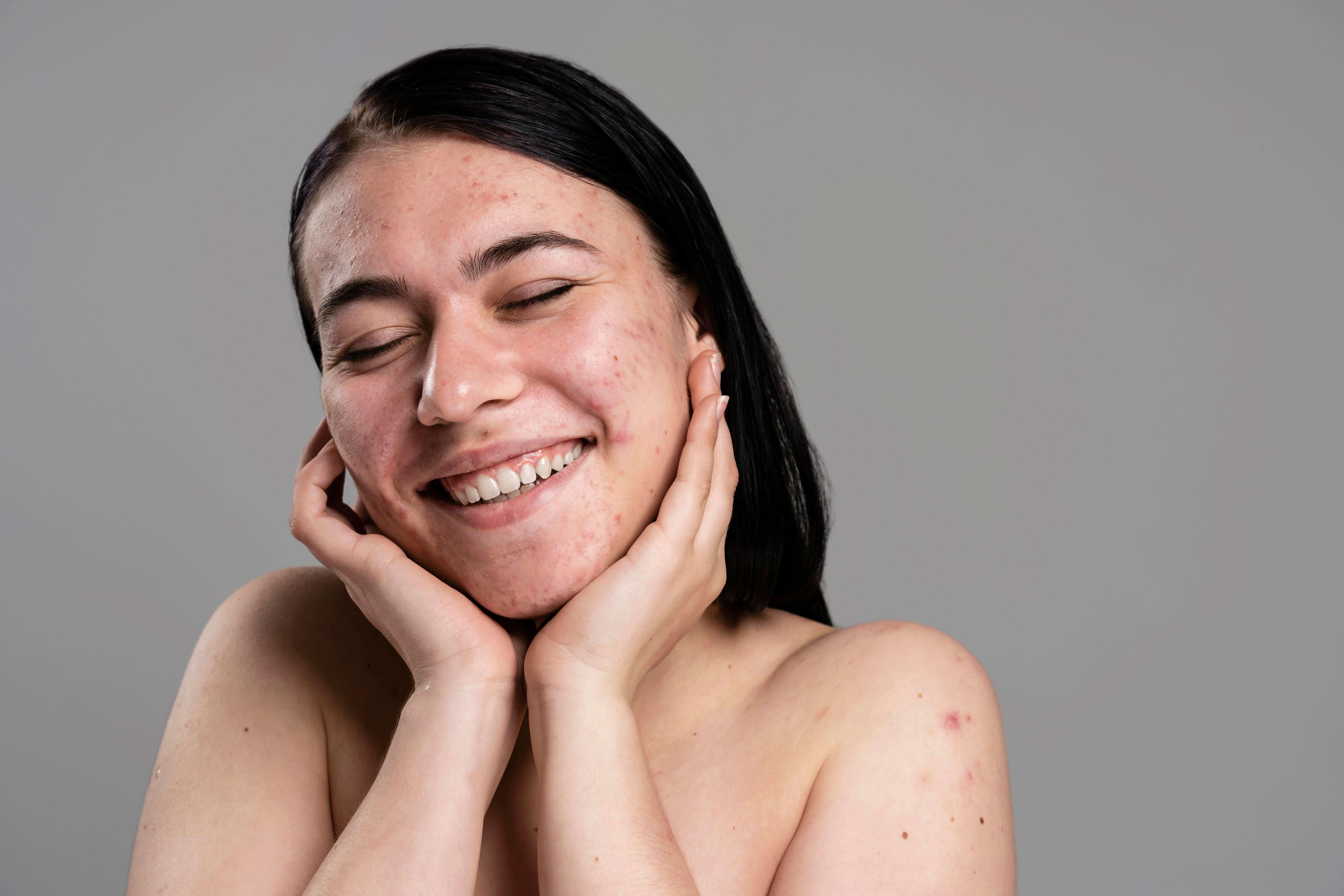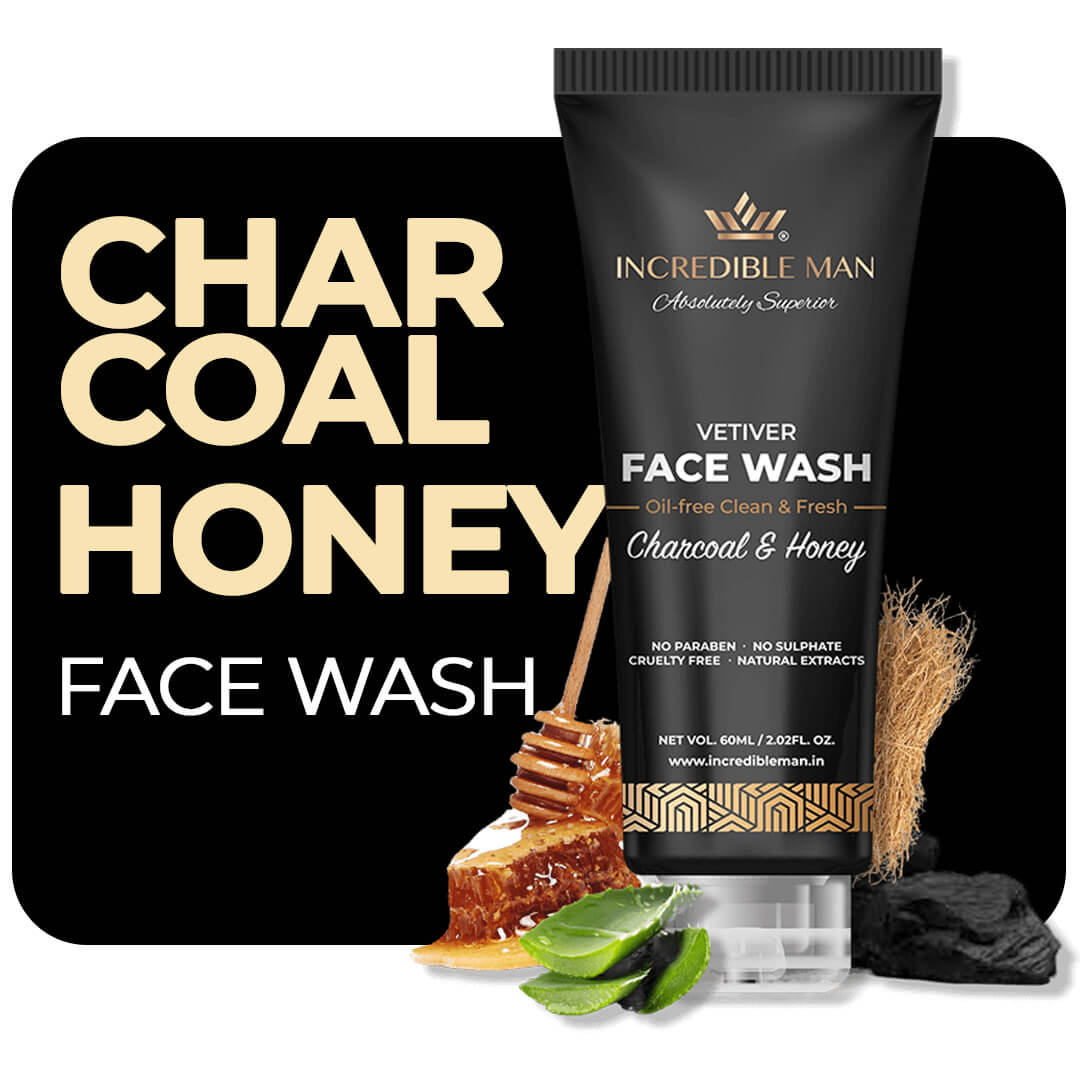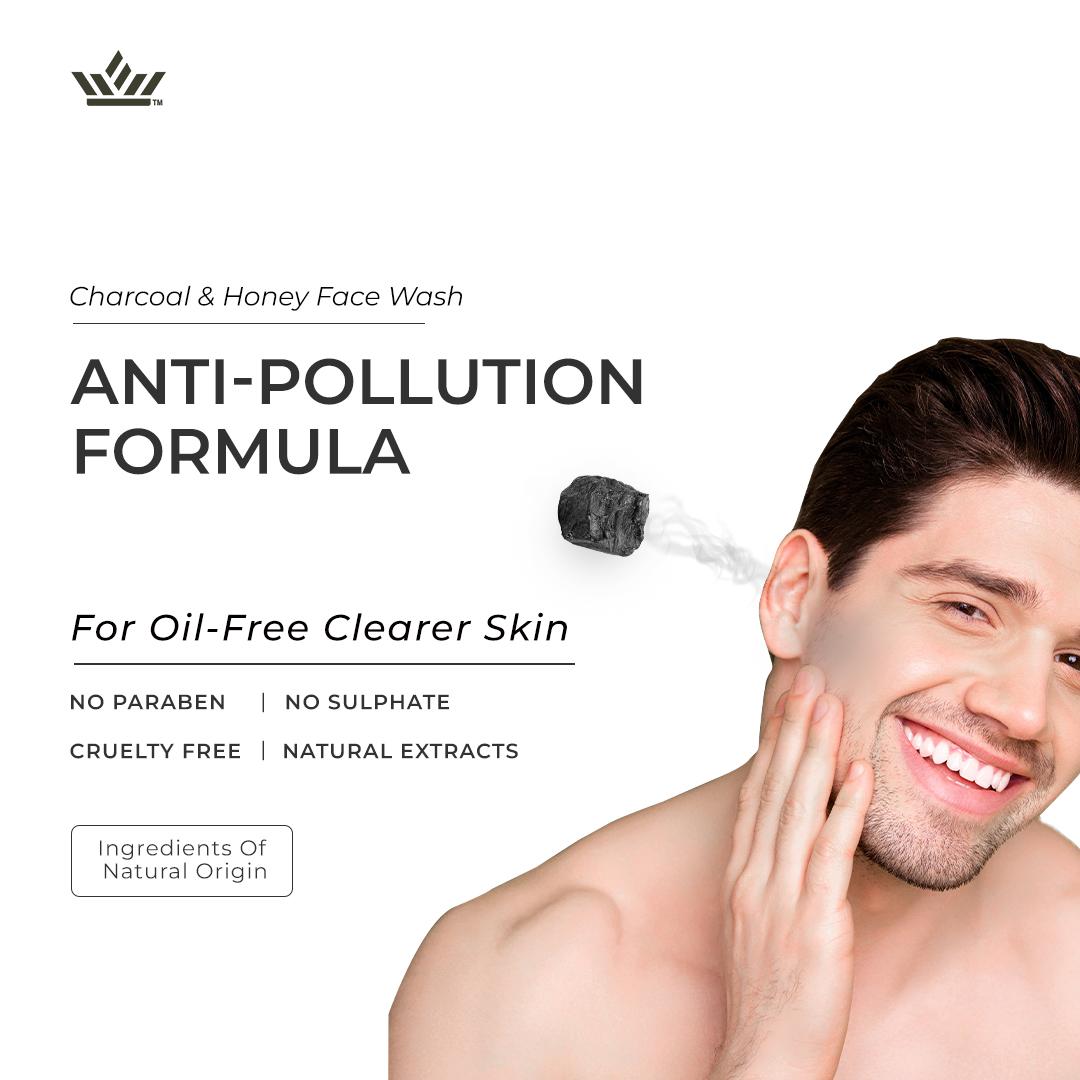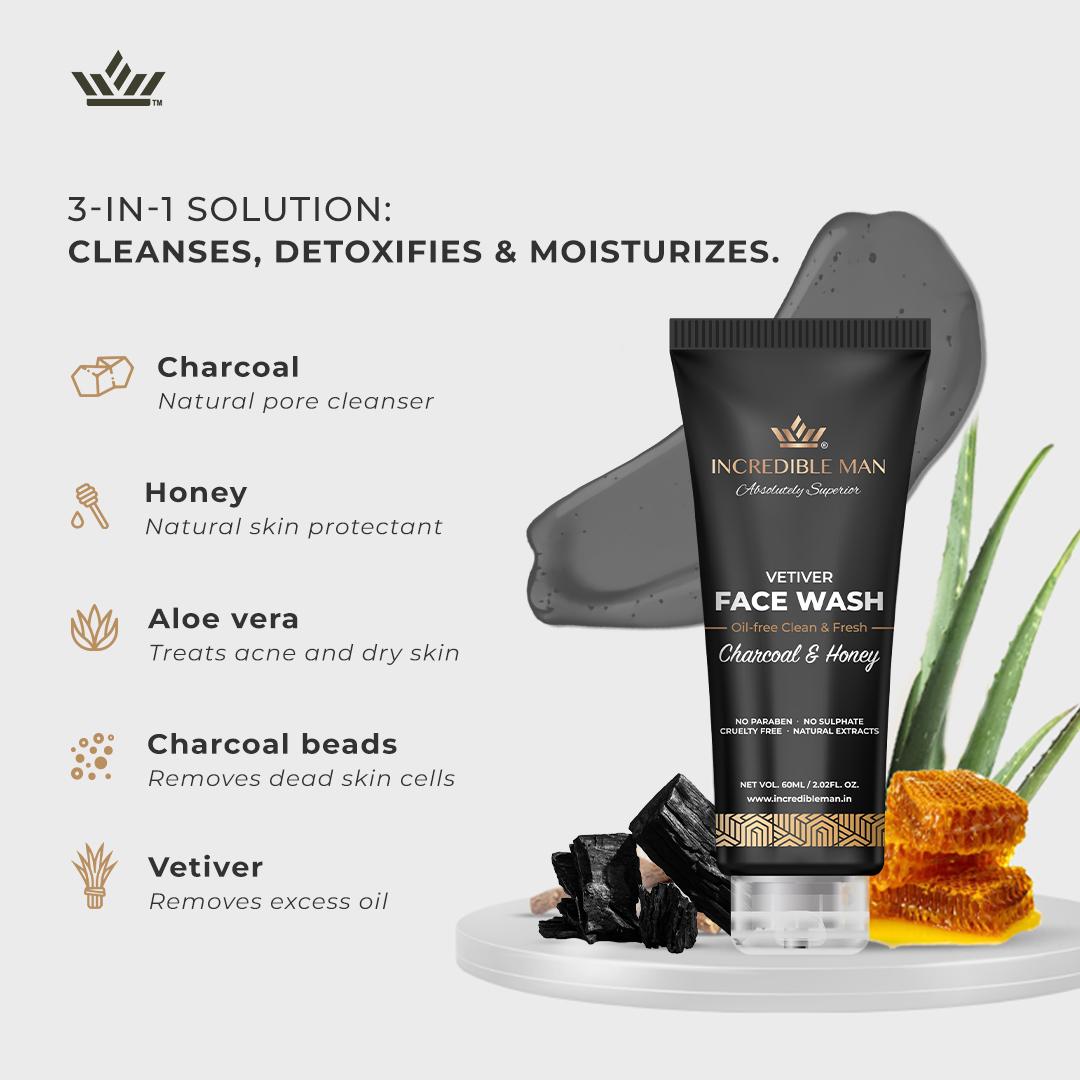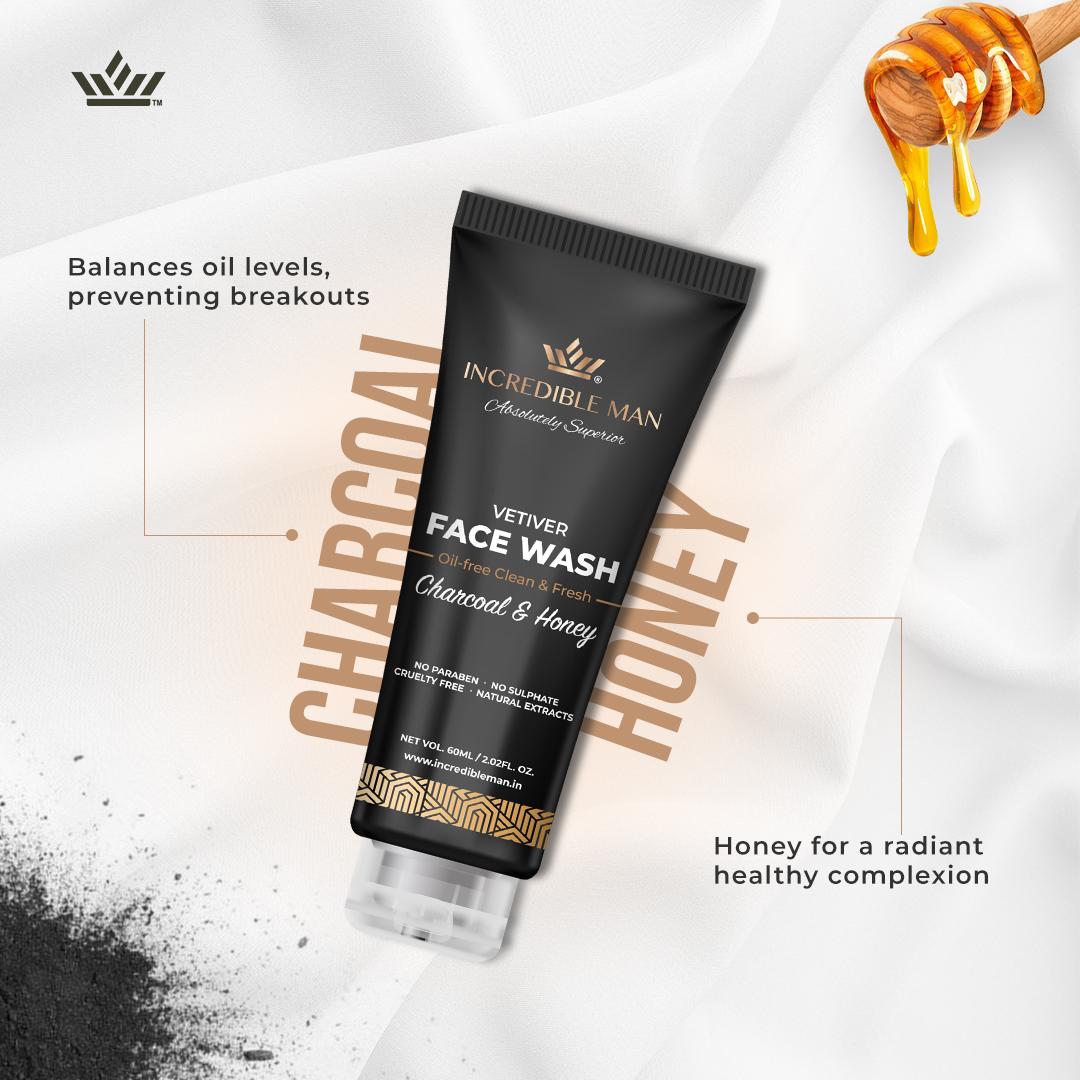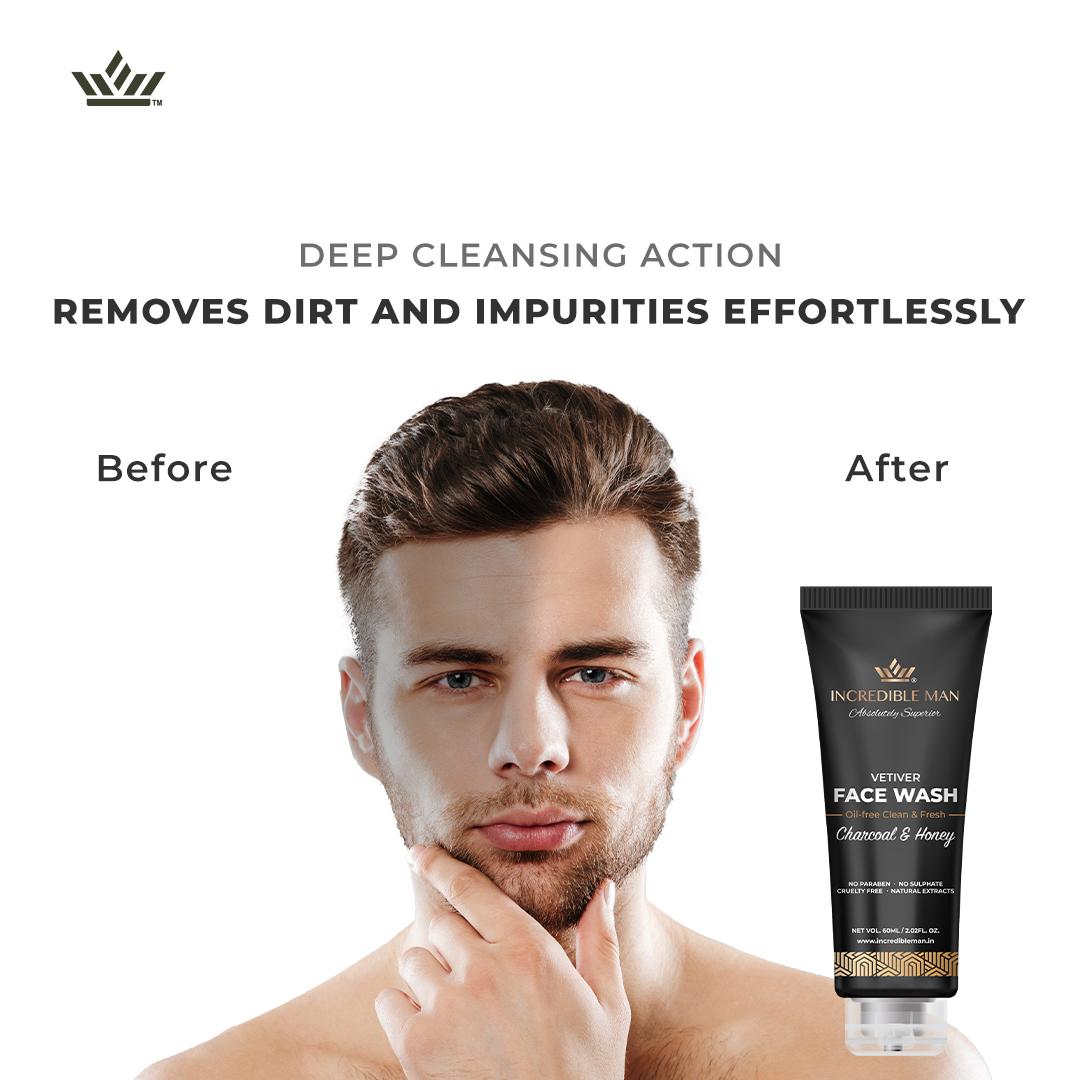Having an efficient and reliable skincare routine is crucial for controlling acne-prone skin. Numerous factors, such as genetics, hormones, and dietary habits, can contribute to acne. Consequently, it’s crucial to create a routine that suits you and your skin type. Here are some guidelines for developing the best skincare routine for acne prone skin that is prone to breakouts.
5 Skin Care Tips For Acne Prone Skin
1. Cleanse twice a day, morning and night.
In any skincare regimen, cleansing your skin is a crucial step, but it’s crucial if you have acne-prone skin. Use a gentle cleanser morning and night that won’t remove your skin of its natural oils. Because they are more likely to develop breakouts, the chin and nose area needs special attention.
2. Use a non-comedogenic moisturiser.
If you have acne-prone skin, moisturising is still important. Selecting a non-comedogenic moisturiser that won’t clog your pores and exacerbate breakouts is crucial. Hyaluronic acid and ceramides are two elements to look for because they’ll keep your skin hydrated without making it oily.
3. Exfoliate regularly.
Any skincare regimen should include exfoliating, but acne-prone skin requires it even more. Exfoliating can help clear clogged pores and remove dead skin cells, which can help stop breakouts. Use an exfoliant no more than twice or three times per week, and go for one that is light and non-abrasive.
4. Use a spot treatment.
It’s crucial to apply a spot treatment designed specifically for acne while treating active outbreaks. To help minimise irritation and clear up blemishes, look for treatments that contain chemicals like salicylic acid or benzoyl peroxide.
5. Always use sunscreen.
Every skincare routine should include sunscreen, but acne-prone skin types need it even more. Exposure to the sun can cause irritation and dark patches, which can exacerbate the appearance of acne. When you’re outside in the sun, look for a non-comedogenic sunscreen with an SPF of at least 30 and reapply it every two hours.
Conclusion
You may develop a skincare routine that will help you take care of your acne-prone skin by using the advice in this article. Keep in mind that finding the optimal skincare regimen for acne-prone skin may take some time, so be consistent and patient
1. How do you treat acne on acne-prone skin?
The use of products with salicylic acid and benzoyl peroxide is the most effective technique to treat acne on skin that is prone to it. These components work to clear blocked pores, lessen swelling, and eliminate acne-causing germs. Furthermore, it’s crucial to maintain the skin’s cleanliness by washing it twice daily with a mild cleanser and using a non-comedogenic moisturiser to keep the skin hydrated. Additionally, it’s critical to refrain from popping or picking pimples because doing so can exacerbate acne and leave scars.
2. What causes acne-prone skin?
Hormones, bacteria, oil production, dead skin cells, and other variables all contribute to acne-prone skin. Sebum, which is produced by the oil glands as a result of hormones, can block pores, create inflammation, and result in outbreaks. Inflammation can also be brought on by bacteria, such as Propionibacterium acnes. Dead skin cells can build up in pores, trapping germs and oil and resulting in breakouts. Skin that is prone to acne may also be caused by several drugs and cosmetics.
3. Does acne-prone skin ever go away?
Acne-prone skin can indeed clear up. Acne-prone skin can be diminished and ultimately eliminated, but it frequently requires time and persistent skin care. Acne can be treated and prevented with the help of a healthy lifestyle, the best skin care products, and medical procedures.
4. How can I get acne-free skin naturally?
- Use a gentle face wash and lukewarm water to wash your face twice daily.
- Use a topical acne treatment that contains salicylic acid or benzoyl peroxide.
- Do not put your hands or fingers near your face.
- Maintain clean hair and keep it out of your face.
- Consume a nutritious, well-balanced diet that is high in fruits and vegetables.
- Regular exercise, meditation, and other methods of relaxation can all help to lower stress levels.
- Avoid dairy, processed carbs, and foods high in sugar.
- Drink a lot of water all day long.
- Use sunscreen and non-comedogenic (pore-clogging) cosmetics.
- Consult a dermatologist if you require additional assistance.
5. What acne-prone skin should I avoid?
Products that are heavy, oily, or contain compounds like mineral oil, lanolin, or petroleum should be avoided by people with acne-prone skin. Additionally, products with irritants like alcohol, fragrances, and preservatives should be avoided. Additionally, harsh exfoliants and scrubs that can aggravate acne-prone skin should be avoided.


